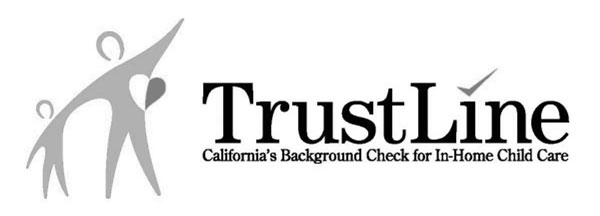As the world grapples with pandemic-related changes, economic changes, war, and a host of other troubling world news, people are feeling stress. Mental health struggles are very real right now, and this can be carried into the workplace, no matter what your job is. But if you work as a caregiver, you know the added pressures of what it means to love and care for another person day in and day out. It is especially important for caregivers to prioritize their mental health. Here are some tips on how to best do that.
Express your feelings and emotions.
It might feel easy to bottle your emotions, but this can be detrimental over time. Being a caregiver requires empathy, patience, and compassion, and the giving of your emotion. If you work as a nanny or senior caregiver, it’s okay to talk about the things you’re feeling. If you feel sad or happy, or somewhere in between, have a conversation about that. Showing your true feelings gives them the opportunity to show their feelings too. Even if you are in a place of caring for others, they can also show care for you, and this support goes a long way. Communication creates the opportunity for connection and teachable moments.
Don’t overwork yourself.
Take breaks through the day. Use your paid time off. In other words, take time away from work so you can refuel and refill your cup. Whether it’s taking an extra day to turn it into a long weekend or taking small breaks at work to close your eyes, eat a healthy snack, or breathe deeply, simple moments like this will help clear your mind. Some other ways to take mental (and physical) breaks from caregiving include calling a friend for a short catchup, reading a book or magazine in the sunshine, going for a 10-minute walk, or watching a funny movie clip or television episode.
Rely on your network of support.
After we have lived through a pandemic where isolation became the norm, it is more important than ever to stay connected to people and rely on your network of love and support. Whether it’s your best friend across the country, a parent who always has your back, or someone else that you know will always be in your corner, reach out to people that you trust. In addition, consider joining a professional network of other nannies or caregivers that recognize the demands of your job. Being in an environment that gives you the opportunity to bond over shared difficulties or similar situations will give you encouragement and help the load you’re carrying feel lighter.
Good caregivers give so many parts of themselves, but they can only do that if they prioritize their own mental health and physical wellbeing. If you don’t, you risk burning out and might struggle more with depression or anxiety. If you are struggling, reach out to a trusted medical professional for help. And last, never forget that you are doing important work and are a valuable addition to the world.






